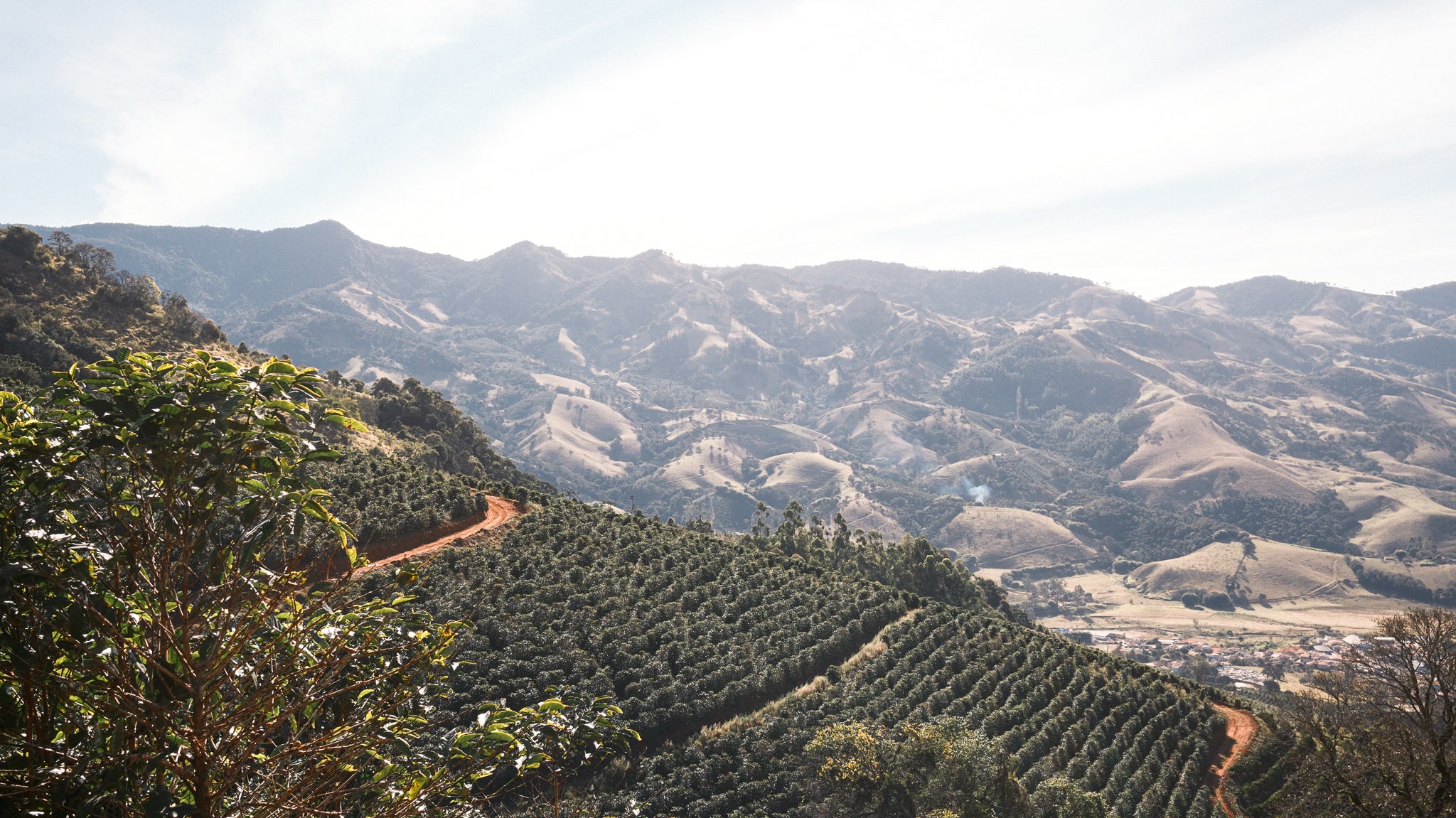REGION: Los Robles de Naranjo
PROCESS: Natural
VARIETIES: Mixed
ALTITUDE: 2000 - 2150 MASL
NOTES: Red Apple, Vanilla & Double Cream
You're in for a real treat with this beaut from Costa Rica. Crisp red apple, sweet vanilla and a velvety creaminess make this one of our favourites of the year. Clean, elegant, delicate - we could go on...
FROM OUR IMPORTER - FALCON
The coffee in question hails from a consortium of producers situated in Los Robles de Naranjo, where their farms stretch across altitudes ranging from 1300 to 1750 meters above sea level. The legacy of these coffee farms traces back to 1968, when these producers initially associated with the cooperative. Today, these farms are managed by the third and fourth generations, who have continued to uphold their ancestors' commitment to cultivating top-quality coffee.
The coffee output from this group is substantial. They annually produce approximately 2907 fanegas (traditional Spanish units) of coffee, translating to roughly six containers of green coffee, each containing 275 sacks weighing 69 kg each. Their latest batch has been named 'Perezoso Natural.' The sloth, or 'perezoso,' is one of Costa Rica's most iconic and beloved creatures, known globally for its slow, tranquil behaviour and its ability to hang from tree branches. It's these unique attributes of the sloth that has inspired the naming of this particular lot.
In terms of manpower, every farm typically employs three individuals for agronomic maintenance. However, this number swells to between 15 and 20 during harvest periods. The average size of these farms is about eight hectares. The cultivation of the coffee is methodical and meticulous. Benefiting from nutrient-rich soil and optimal altitude, the farms have been able to innovate their cultivation methods over the last 20 years in response to disease and climate change. New varieties of coffee have been developed by the Costa Rican Coffee Institute and other private institutions, showing tolerance to disease and drought, increased productivity, and superior quality in the cup. These new varieties require more spacing, yield earlier, and produce more, necessitating increased fertilisation, either chemical or natural, as indicated by soil analyses.
Shade plays a vital role in the cultivation process, especially considering current climate challenges. All fertilisers used comply with the regulations set by Costa Rica's Ministry of Agriculture. There is also a growing trend towards using micro-organisms and natural soil amendments, helping to retain or improve the soil quality. Producers work with an agricultural calendar, allowing them to manage their agricultural activities effectively and ascertain their production costs. Coopronaranjo R.L. provides free full-time advisory and support services to any associated producers in need. The processing of coffee is carried out meticulously and carefully, with stringent quality controls. Producers deliver the coffee to a receiving station in San Juanillo, where samples are taken and assessed. The coffee is then moved to sun-drying patios. Over the following 18 to 30 days, depending on the weather, workers turn the coffee every 20 minutes to facilitate slow, delicate drying. When the coffee nears the optimum moisture level, samples are taken for laboratory analysis. Once it meets the desired parameters, the coffee is collected and bagged for storage. After processing, the coffee is stored as dry parchment in silos for a period of 2 to 3 months before being prepared for shipping based on the customer's request.
To get the best from your coffee please take a look at our brew guides HERE
ALL PACKAGING IS CARBON NEUTRAL AND WIDELY RECYCLABLE


